Bowel habits vary greatly from person to person and are influenced by age, physiology, diet, society and culture. In general, constipation is a digestive disorder that can occur at any age, characterized by a decrease in bowel frequency (less than 3 times/week), dry and hard stools (70% reduction in water content in stool), making this waste harder and more difficult to move. Therefore, people with this condition often feel uncomfortable and bloated.
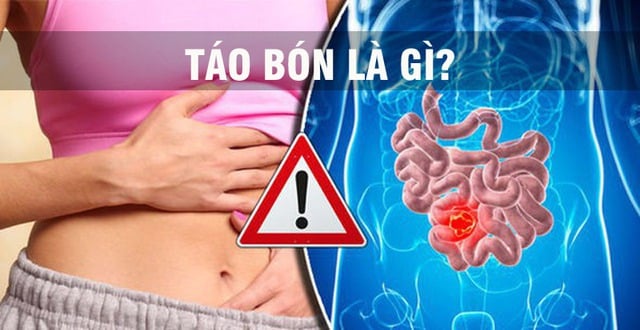
Illustration
Dangerous complications caused by constipation
Cause intestinal obstruction
When the body cannot expel feces, over time, they accumulate in the intestines and form a blockage. The stool is hard and too large, preventing the large intestine from contracting and pushing it out, causing pain and infection. Symptoms of the patient are abdominal pain, discomfort, cramps after eating, nausea, headaches...
Causes hemorrhoids
Prolonged constipation and straining during bowel movements can cause the veins in the anus and rectum to swell and become inflamed, known as hemorrhoids or piles. External hemorrhoids can cause itching or pain during bowel movements. Internal hemorrhoids are usually painless, but when they are painful, they are often inflamed or thrombosed, and the patient may see bright red stool in the toilet.
Causing anal fissures
The anus has a tear in the mucosal layer, exposing the surrounding muscles, leading to spasms, which in the long run will widen the edges of the crack. The injury often occurs when the patient is constipated, defecating with hard, large stools, causing pain and bleeding.
Rectal prolapse
The disease occurs when the last part of the colon, the rectal mucosa protrudes out of the anus regularly or when defecating. Common symptoms of rectal prolapse are a feeling of wetness in the anal area, itching, discomfort or pain around the anus, leakage of stool, mucus, red tissue protruding out of the anus after defecation or regularly outside the anus.
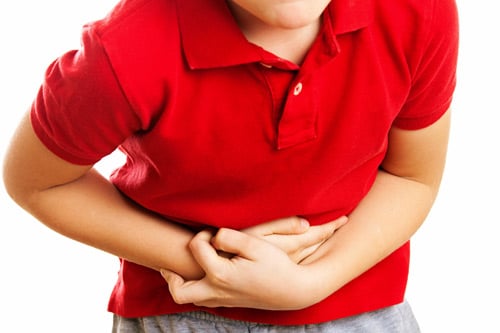
Illustration
What to do to prevent constipation effectively
Constipation is mainly caused by unhealthy eating habits and lifestyle. Therefore, it is necessary to change lifestyle to prevent constipation such as using more fiber-rich foods such as green vegetables, fruits, whole grains... limit animal fat, industrial food, bottled soft drinks, beer, alcohol, drink 2-2.5 liters of water per day.
You should exercise regularly, at least 30 minutes a day, with sports that are suitable for your health. Limit stress and anxiety by arranging work and rest reasonably.
It is advisable to form a habit of going to the toilet at a certain time, preferably after breakfast. Children who drink formula milk should stop or change the type of milk they are drinking to improve constipation.
If you have tried the above methods but your constipation does not improve, you still cannot defecate for 3-4 days, or you have blood in your stool, unexplained weight loss, vomiting or fever... you need to see a doctor soon.
Source


![[Photo] Close-up of Vietnam's sniffer dog team searching for earthquake victims in Myanmar](https://vstatic.vietnam.vn/vietnam/resource/IMAGE/2025/4/1/d4949a0510ba40af93a15359b5450df2)

![[Photo] General Secretary To Lam receives King Philippe of Belgium](https://vstatic.vietnam.vn/vietnam/resource/IMAGE/2025/4/1/e5963137a0c9428dabb93bdb34b86d7c)
![[Photo] President Luong Cuong and King Philippe of Belgium visit Thang Long Imperial Citadel](https://vstatic.vietnam.vn/vietnam/resource/IMAGE/2025/4/1/cb080a6652f84a1291edc3d2ee50f631)

![[Photo] Prime Minister Pham Minh Chinh meets with King Philippe of Belgium](https://vstatic.vietnam.vn/vietnam/resource/IMAGE/2025/4/1/be2f9ad3b17843b9b8f8dee6f2d227e7)


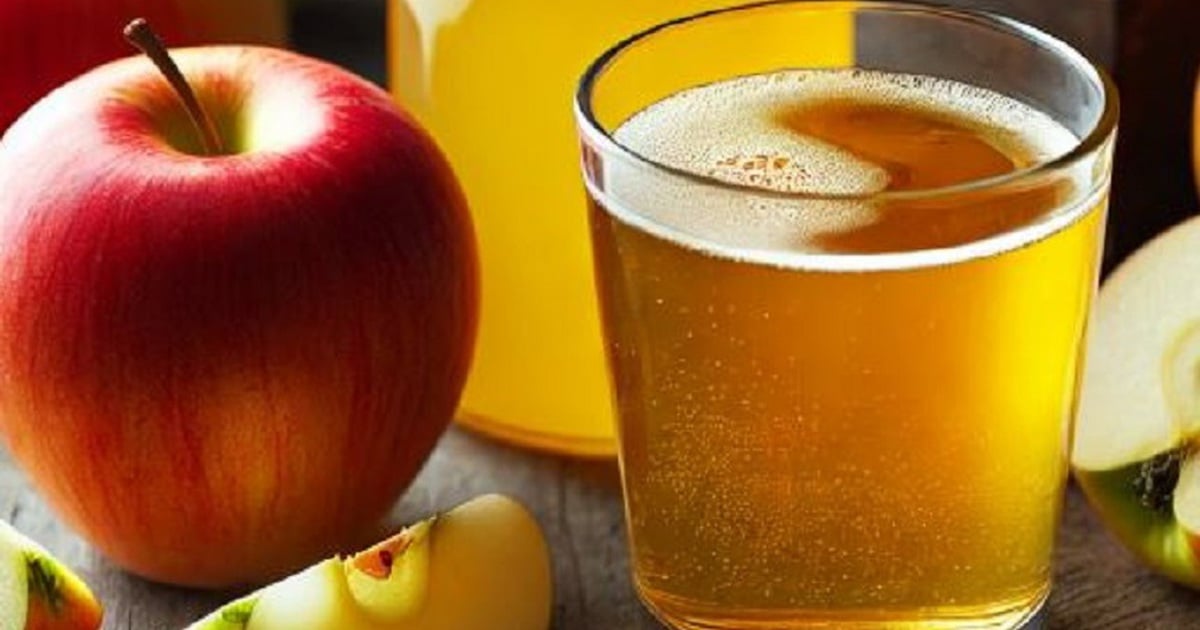
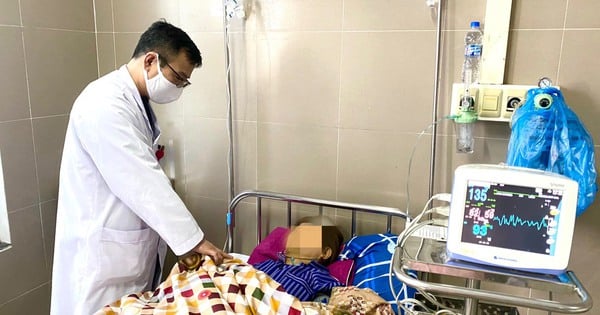
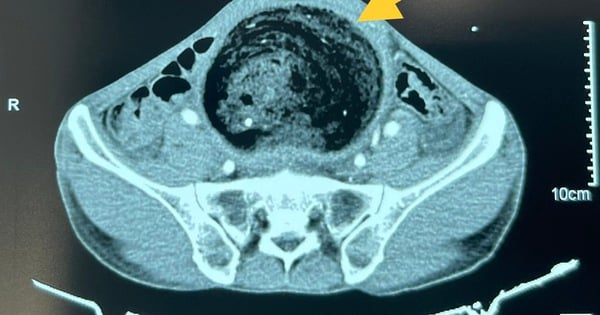

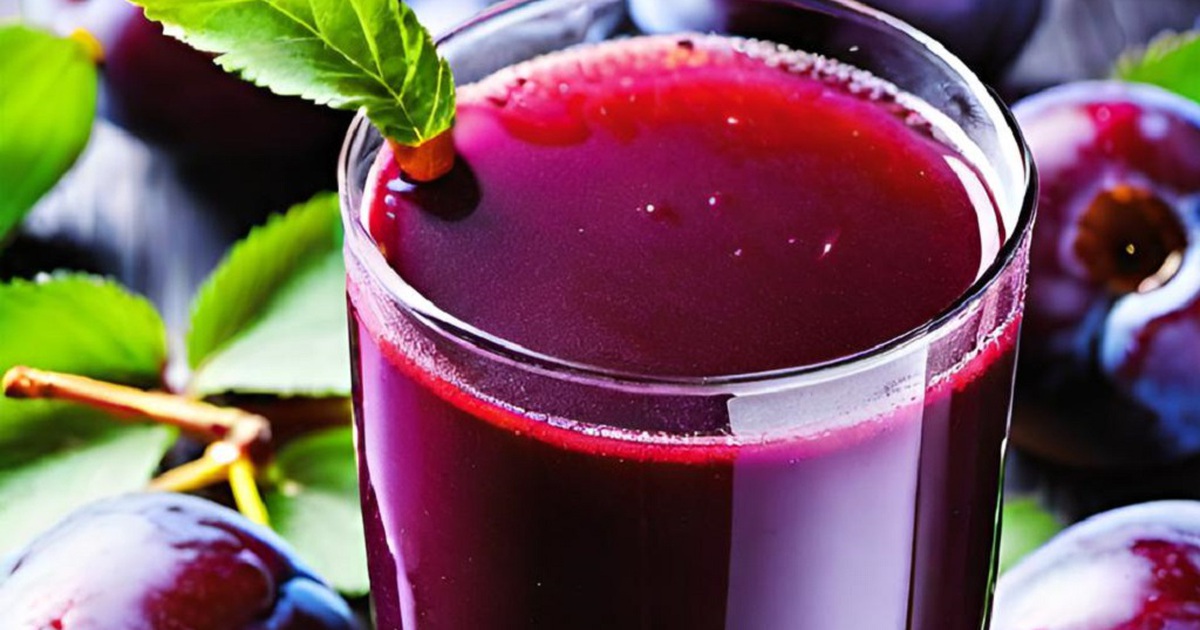
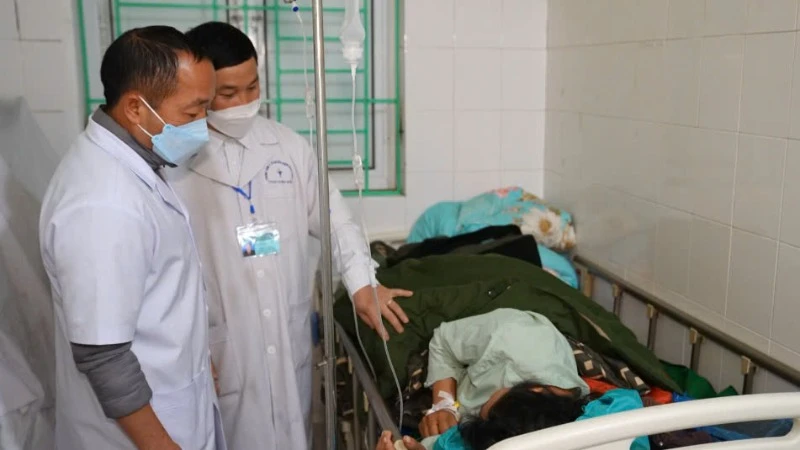



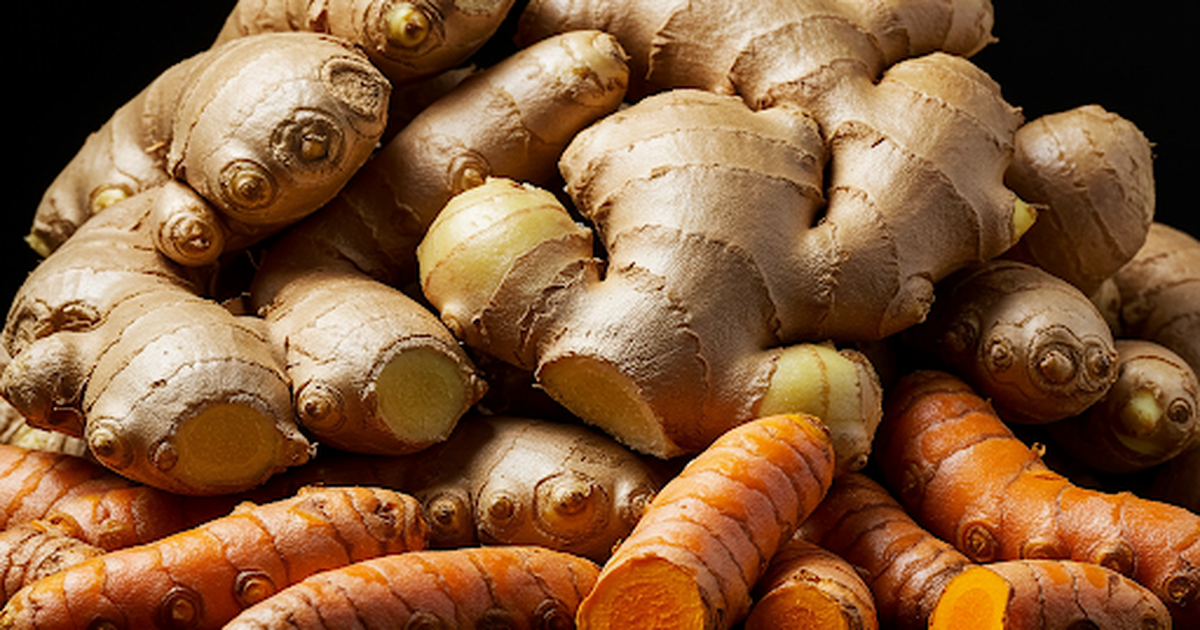
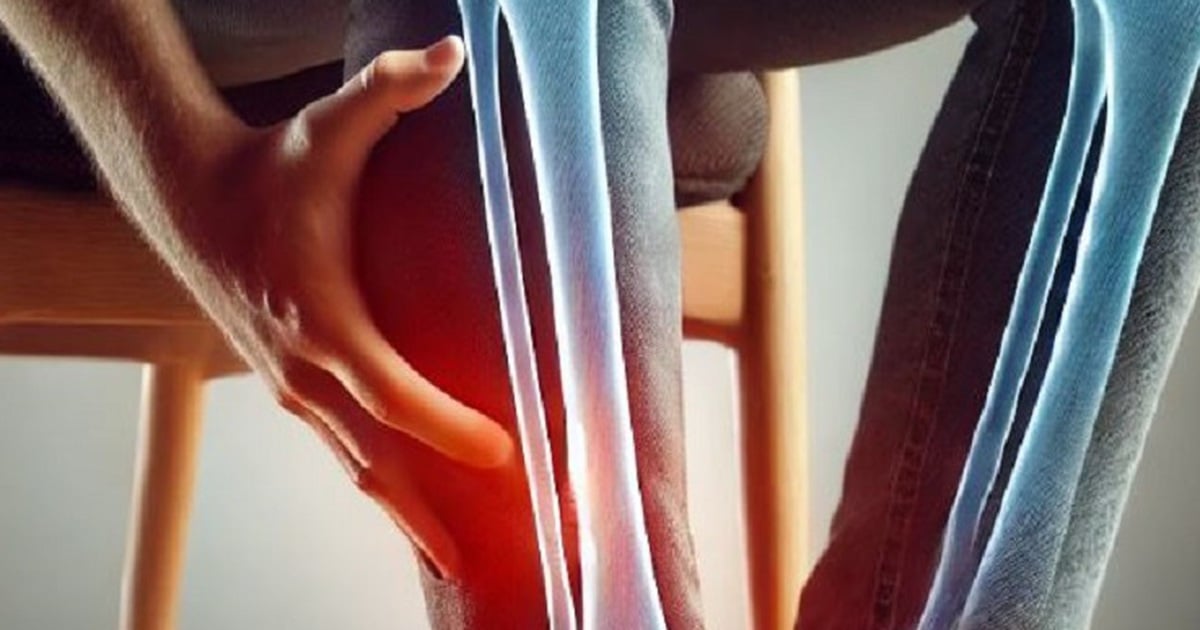




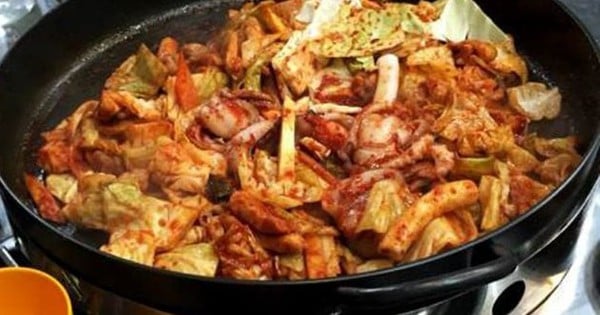






















































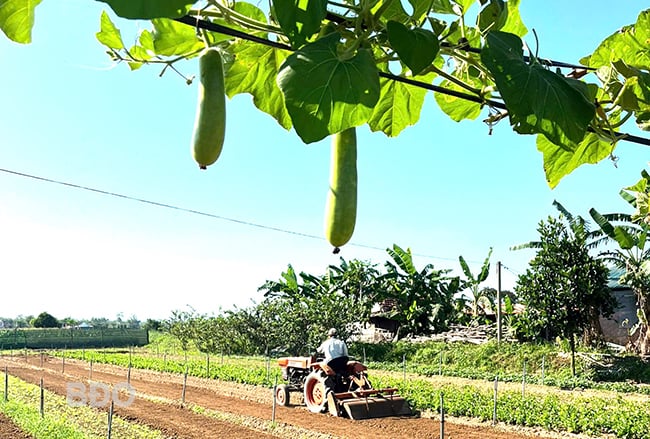

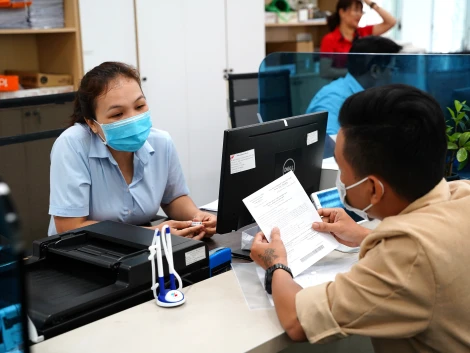
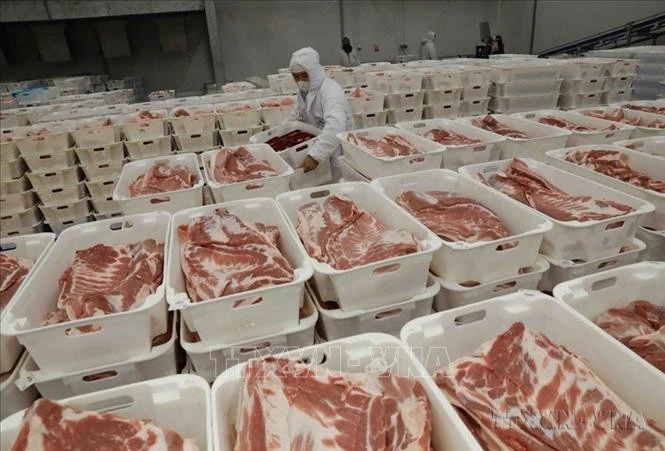













Comment (0)